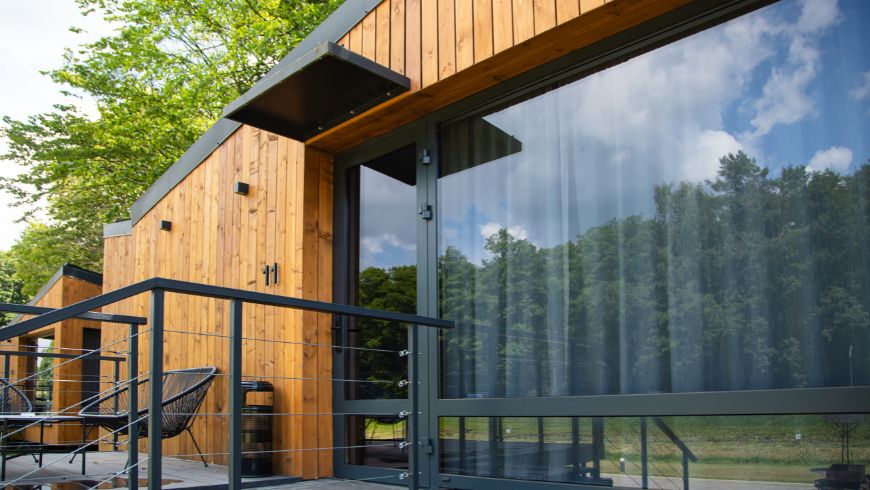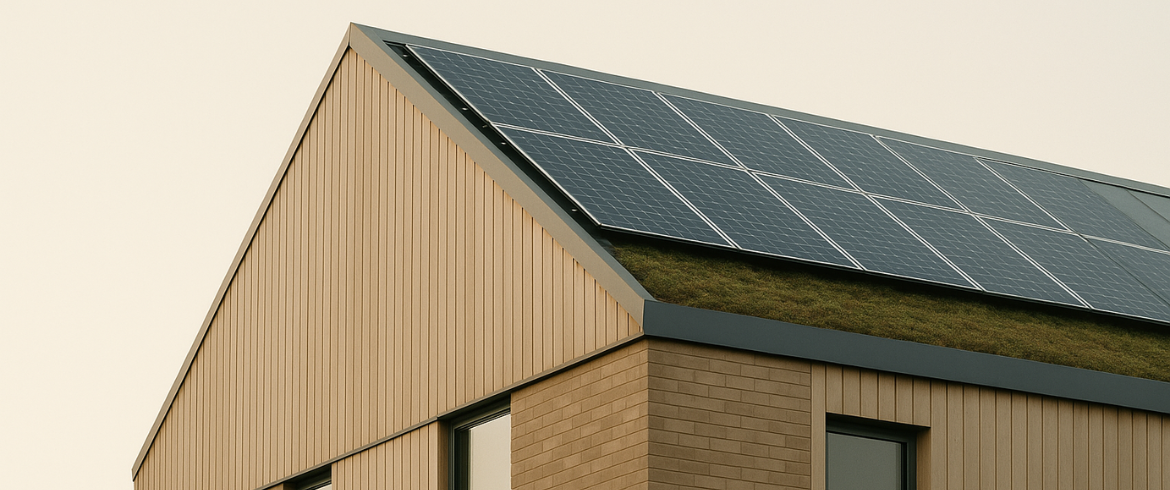The integration of sustainable student housing models into the hospitality industry is transforming how accommodations are designed and operated. As environmental concerns grow, these models offer innovative solutions that reduce carbon footprints and appeal to eco-conscious travelers. This shift not only benefits the environment but also enhances the reputation and economic sustainability of hospitality businesses.
Sustainable student housing has become a benchmark for eco-friendly architectural design, providing a roadmap for the hospitality industry. By adopting these models, hotels can effectively reduce carbon emissions and conserve resources. These strategies, already successful in a student housing pms, offer valuable insights into optimizing resource use and achieving sustainability goals.
Innovative designs in sustainable student housing

Student housing is at the forefront of sustainable architectural innovation, significantly reducing carbon emissions through energy-efficient designs. Features such as improved insulation and passive solar orientation minimize energy consumption, lowering utility costs and enhancing living comfort for students.
The use of eco-friendly materials is crucial, with many dormitories constructed using recycled or sustainably sourced materials. This approach reduces the demand for new resources and lowers the overall carbon footprint of construction projects. Additionally, waste reduction practices, such as on-site composting and recycling programs, further enhance the sustainability of student accommodations.
Innovative water management systems also play a vital role in minimizing environmental impact. Technologies like low-flow fixtures and rainwater harvesting systems enable student housing facilities to significantly reduce water usage. These architectural choices demonstrate that environmentally conscious design is both feasible and beneficial in educational settings.
Smart building automation systems are becoming increasingly prevalent in sustainable student housing designs. These systems utilize artificial intelligence and IoT sensors to optimize energy usage by automatically adjusting lighting, heating, and cooling based on occupancy patterns and time of day. The integration of smart meters and energy monitoring displays also helps raise awareness among students about their energy consumption, encouraging more sustainable behavioral patterns. Such technological innovations have demonstrated energy savings of up to 30% in many student housing facilities.
Green roofs and solar installations have become standard features in modern sustainable student housing developments. These rooftop spaces serve multiple purposes: they provide insulation, reduce urban heat island effects, and generate clean energy. Many facilities are now incorporating rooftop gardens that double as educational spaces for environmental studies programs while producing fresh herbs and vegetables for campus dining facilities. These installations typically reduce building energy costs by 15-25% annually, while providing additional benefits such as increased biodiversity and improved stormwater management.
Adapting sustainable practices to hospitality

The strategies used in sustainable student housing provide a valuable template for the hospitality industry to adopt eco-conscious practices. Hotels can implement similar energy-efficient designs to reduce energy consumption and improve guest comfort. Aligning with sustainable goals not only reduces operational costs but also attracts environmentally aware guests.
Transitioning to eco-friendly building materials in hotel construction minimizes environmental impact and supports global sustainability initiatives. By choosing materials that are durable and responsibly sourced, hotels contribute positively to conservation efforts. These changes resonate with guests who prioritize sustainability in their travel choices.
Comprehensive waste reduction programs are another way hotels can align with sustainability goals. Implementing systems that facilitate recycling and composting helps manage waste efficiently, reducing landfill contributions. This commitment to sustainable practices underscores a hotel’s dedication to environmental stewardship and enhances its appeal among green-minded travelers.
Hotels are increasingly incorporating biophilic design elements, a concept well-established in sustainable student housing. This approach integrates natural elements like living walls, natural lighting, and green spaces into building design, improving air quality and guest wellbeing while reducing energy consumption. Studies have shown that biophilic design elements can reduce energy costs by up to 15% while significantly increasing guest satisfaction and length of stay. These natural elements also help create a unique aesthetic that distinguishes sustainable properties in the competitive hospitality market.
The role of management systems in sustainable hospitality

While architectural strategies lay the groundwork for sustainable accommodations, integrating robust management systems further optimizes resource utilization. These systems aid in tracking sustainability metrics effectively, ensuring that hotels consistently meet their environmental targets. Through real-time data analysis, areas where resource use can be minimized are identified.
This approach facilitates the efficient allocation of resources such as energy and water, enabling hotels to operate more sustainably without compromising guest experience. Automating routine processes like heating and lighting controls contributes to significant energy savings over time.
By making resource use visible and easy to understand, these systems create a culture of responsibility within hotels. Staff and managers can clearly see where energy or water is being wasted, and guests can also be invited to take part in the effort. As the technology becomes more advanced, it opens up exciting opportunities for new ways to save resources and improve sustainability across the hospitality industry.
